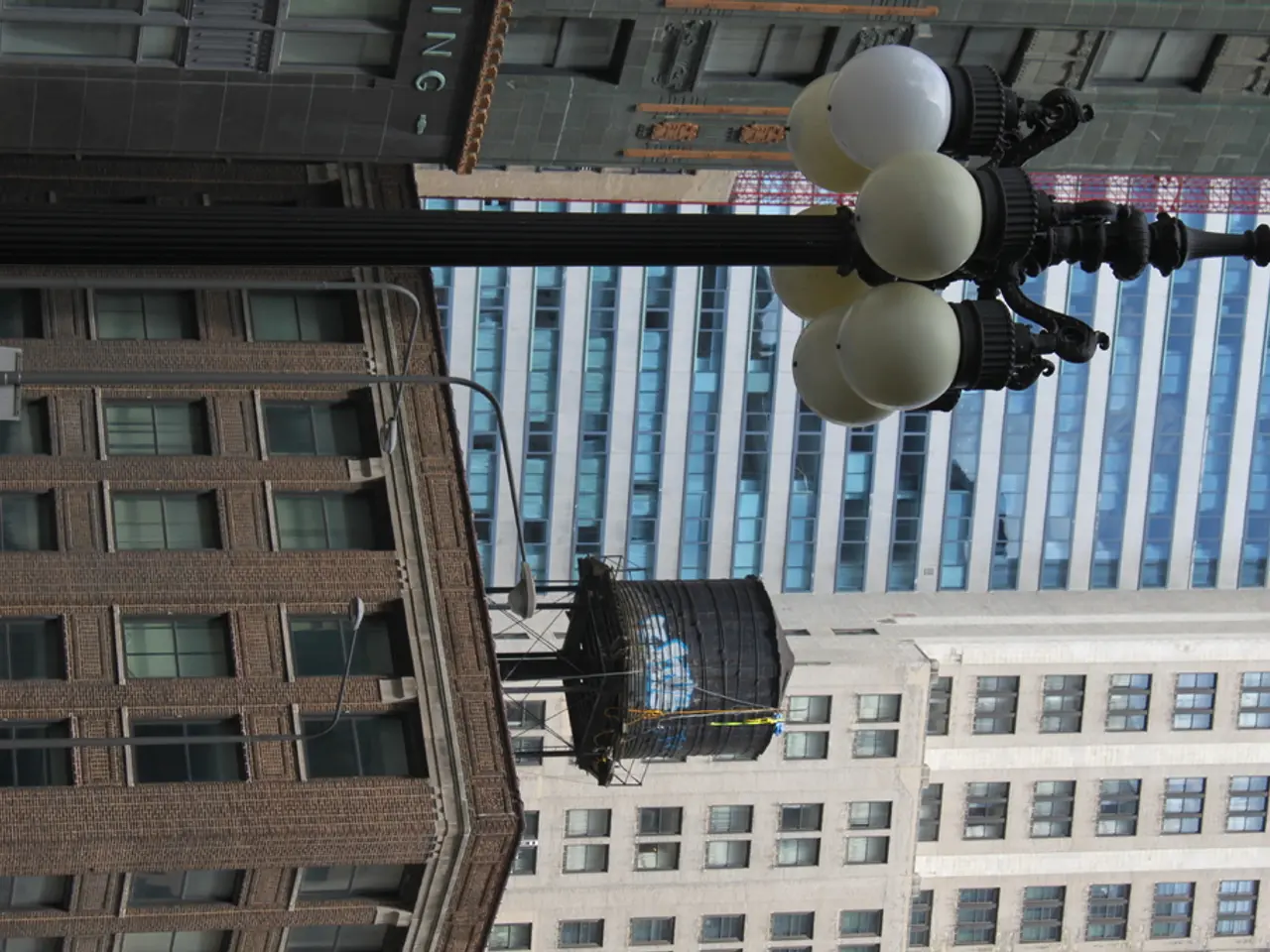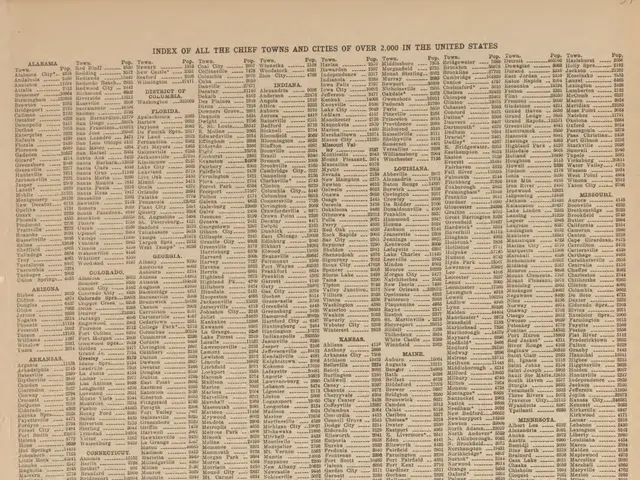Germany Reviews Heat Pump Subsidies Amidst Budget Concerns
The German government is reviewing its heat pump subsidy scheme, aiming to balance budget consolidation and consumer support. While heat pumps remain the most efficient heating solution, recent changes and proposals have sparked both concern and enthusiasm.
Heat pump sales surged by 55 percent in the first half of 2025, boosted by government promotion. However, uncertainty about future subsidies led to a nearly 50 percent drop in sales in 2024. CSU leader Markus Söder proposed slashing heat pump promotion by at least half to plug budget gaps, although the subsidy accounts for only 3.5 billion euros of the 16.3 billion earmarked for building efficiency in 2025.
CSU politician Lenz suggested a gradual reduction in subsidies, or 'Abschmelzung', to relieve public finances. He proposed that wealthier households should mainly benefit from tax deductions, ensuring more predictability for consumers and businesses. Meanwhile, an innovation tender for photovoltaic storage combinations was more than fourfold oversubscribed, indicating strong interest in renewable energy solutions.
Installing an air-water heat pump in Germany costs around twice as much as in the USA due to various factors. A proposed reform involves gradually reducing the maximum eligible investment costs over time, encouraging innovation and cost reduction. Despite these changes, heat pumps remain the most efficient and cost-effective heating solution for most buildings.
The German government is navigating a delicate balance between budget consolidation and support for heat pumps as a key renewable energy solution. While uncertainty about subsidies has led to fluctuations in sales, the technology's efficiency and cost-effectiveness remain unmatched. As the government explores gradual reductions in promotion and increases in CO2 price, consumers and industry await clearer guidelines for the future of heat pump adoption.








